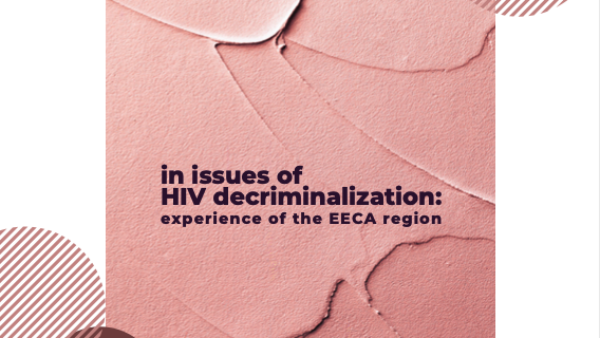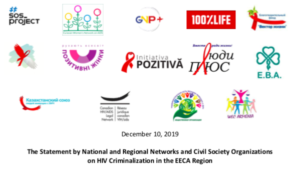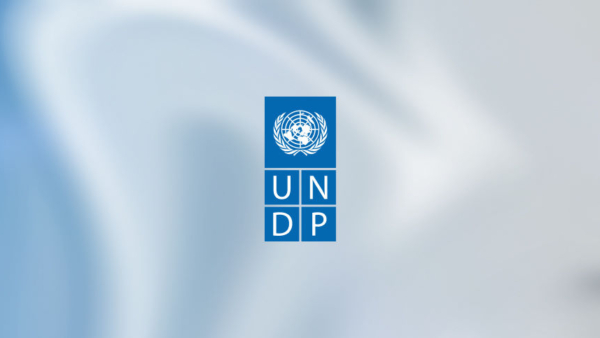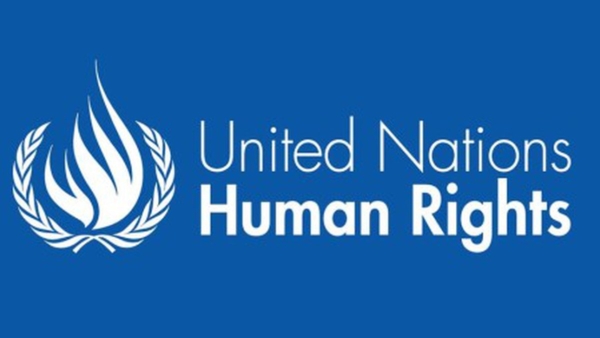Overview
In January 2019, a new Criminal Code entered into force in Kyrgyzstan, replacing the 1997 Code which contained separate offences criminalising the transmission of HIV and other venereal diseases, with more severe penalties for the former. The 2019 Code continues to make these offences but combines them into a single provision and imposes equal penalties.
Article 149 of the Criminal Code governs the criminalisation of HIV transmission and other infections. The provision makes it an offence to:
-
- ‘put another in danger of contracting’ HIV or another ‘incurable infectious disease dangerous to human life’, where the infection is not actually transmitted
- cause transmission of HIV or another ‘incurable infectious disease dangerous to human life’ by negligence where the person was aware of their status
- cause transmission of HIV or another ‘incurable infectious disease dangerous to human life’ (presumably, with intention).
The penalties imposed for these offences are: a fine, correctional labour for two and a half to three years, or imprisonment for up to two years; a fine or imprisonment for two to five years; and imprisonment for five to eight years, respectively.
The provision makes it a defence to parts 1 and 2 of this offence if the other party was informed of the presence of the infection and voluntarily agreed to the activity.
In 2008, nine doctors were prosecuted under the previous Criminal Code for medical negligence resulting in alleged HIV transmission. They were given prison terms ranging from three to five years and asked to pay damages and interests to the affected children and their families.
In its 2018-2022 Criminalisation Scan in Eastern Europe and Central Asia, the Eurasian Women’s Network on AIDS (EWNA) reported that there were no convictions under Article 149 during this period, but noted that several cases occurred but were settled before trial. Furthermore, a 2023 report by the EWNA noted that a freedom of information request to the Supreme Court by a local women’s rights organisation confirmed there had been no convictions between 2018 to April 2022.
We have only received one report of a case under Article 149 of the 2017 Code, which was reported in December 2021. The case relates to a woman who allegedly contracted HIV from her partner who it is claimed was aware of his status. The case was under investigation and we are not aware of the outcome, however it would appear not to have resulted in conviction.
In November 2021, the CEDAW Committee called on the Government of Kyrgyzstan to decriminalise HIV transmission under Article 149 following submissions by local civil society and the EWNA.
An amnesty law adopted in May 2020, which governs the early release of imprisoned people, explicitly excludes those living with diseases that pose a perceived ‘risk’ to others, including infectious and venereal diseases. The law states that amnesty may only be applied after a course of treatment has been ‘completed’. As local HIV activists point out, people living with HIV cannot satisfy this condition as treatments such as antiretroviral therapy are prescribed for life. As such, activists claim that no imprisoned people living with HIV have been released under this law, meaning that those living with HIV who are imprisoned under the country’s HIV laws are vulnerable to double persecution. Activists are therefore advocating for the inclusion of HIV/AIDS on the list of diseases which make imprisoned people eligible for release, as well as on a list of diseases which preclude detention.
There is also a specific HIV/AIDS statute in Kyrgyzstan, enacted in 2005, which outlines the rights and obligations of people living with HIV, and states that individuals found guilty of HIV transmission will be liable to pay damages and interests to the infected person to compensate them for their medical and social care. Article 10 of this law provides for the expulsion of foreign citizens who refuse to comply with HIV testing. An example of this was provided in a 2018 submission to the CEDAW Committee by local NGOs, which reported on a 2017 case of an Uzbek national who was living with HIV in Kyrgyzstan and was forced out of the country by police, who had received her medical information from a health centre, at threat of criminal prosecution.
Laws
Criminal Code of the Kyrgyz Republic, No. 19 of 2 February 2017
Article 149. Infection with an incurable infectious disease
1. Putting another person in danger of contracting the human immunodeficiency virus or other incurable infectious disease dangerous to human life, if the infection has not occurred, – is punished with correctional labor of the IV category or a fine of the V category, or imprisonment of the I category [up to two years].
2. Infection of another person with the human immunodeficiency virus or other incurable infectious disease by a person who knew that he had this disease, committed by negligence, – is punished with a fine of the VI category or imprisonment of the II category [two to five years].
3. Infection of another person with a human immunodeficiency virus or other incurable infectious disease dangerous to human life – is punished with imprisonment of the III category [five to eight years].
Note. A person is released from criminal liability for an act provided for in parts 1 or 2 of this article, if another person put in danger of contracting HIV infection was promptly warned about the presence of this disease in the first person and voluntarily agreed to take actions that created the danger of infection.
Criminal Code of the Kyrgyz Republic No. 68 of October 1, 1997 (as amended up to Law No. 57 of February 13, 2006)
Article 117. Infecting with HIV
1. Knowingly endangering a person with threat of HIV infection, – shall be sentenced with 3 to 6 months of arrest or up to 1 year of imprisonment.
2. Infecting a person with HIV by a person knowing of being HIV infected, – shall be sentenced by up to 5 years of imprisonment.
3. The act provided by part 2 of this Article committed towards 2 or more persons or towards a juvenile, – shall be sentenced by up to 8 years of imprisonment.
4. Infecting another person with HIV through inappropriate fulfillment of professional duties by a medical staff, – shall be sentenced by up to 5 years of imprisonment.
Criminal Code of the Kyrgyz Republic No. 68 of October 1, 1997 (as amended up to Law No. 57 of February 13, 2006)
Article 118. Infecting with a Venereal Disease
1. Infecting a person with a venereal disease by a person knowing of being, – shall be sentenced by fine in amount of 50 to 100 minimum monthly wages or up to 3 years of imprisonment.
2. The act provided by part 1 of this Article committed by a person previously convicted for infecting people with venereal disease, as well as infecting 2 or more persons or a juvenile, – shall be sentenced by up to 5 years of imprisonment.
Law of the Kyrgyz Republic - About HIV / AIDS in the Kyrgyz Republic dated August 13, 2005 No. 149
Article 6. Rights and obligations of PLWHA
Persons living with HIV / AIDS have the full range of socio-economic, political, personal rights and freedoms, and also bear the obligations enshrined in the Constitution of the Kyrgyz Republic and the legislation of the Kyrgyz Republic.
(…)
Persons living with HIV / AIDS are required to take measures to prevent the transmission of HIV infection to another person.
The deliberate risk of infection or infection of another person (or several persons) with HIV by a person who knew that he had HIV infection entails criminal liability established by the legislation of the Kyrgyz Republic.
The person guilty of this shall also compensate the damage caused in connection with the provision of medical and social assistance to the infected person.
(…)
Article 10. Administrative Expulsion of Foreign Citizens
Foreign citizens staying on the territory of the Kyrgyz Republic in case of intentional evasion of compulsory HIV testing are subject to administrative deportation from the Kyrgyz Republic in accordance with the legislation of the Kyrgyz Republic.
Further resources
An analysis of the legal environment in Georgia, The Republic of Belarus, The Kyrgyz Republic, and The Republic of Uzbekistan in the context of the criminalisation of people living with HIV.
This analysis, published in 2022 by the Eurasian Women's Network on AIDS, examines the current state of the law in Kyrgyzstan and three other countries in Eastern Europe and Central Asia, documenting the scope of the law and reported cases. It includes a list of recommendations on how the law should be improved.
This report is available in Russian.
Authors: Eurasian Women’s Network on AIDS (EWNA)
Regional HIV criminalisation report that summarises the law and prosecution data in each country in the EECA region.
Acknowledgements
HIV Justice Network's Positive Destinations
Visit the Kyrgyzstan page on Positive Destinations for information on regulations that restrict entry, stay, and residency based on HIV-positive status, as well as access to HIV treatment for non-nationals.







